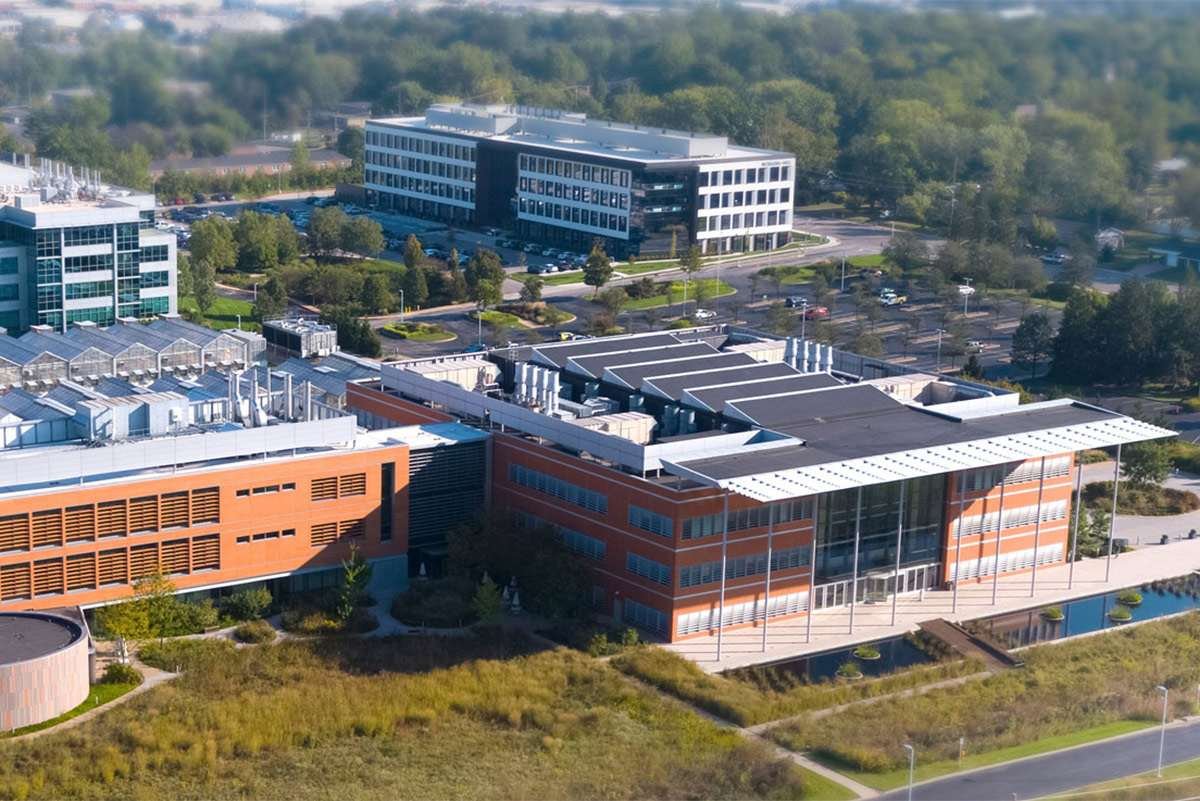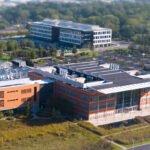Agtech initiative Cultivar STL has launched a new fund to further strengthen the bond between agtech ecosystems in Latin America and St. Louis, Missouri. The Core Facilities Access Fund recently awarded its first two startups and hopes to assist more in the coming years.
Launched two years ago by the Donald Danforth Plant Science Center, The Yield Lab, BioSTL, and several other organizations in St. Louis and Latin America, Cultivar STL aims to boost St. Louis’ image as a global agtech hub by working with similar entities internationally.
Stephanie Regagnon, executive director of The Yield Lab, calls the Core Access Fund “a proof point of the hard work we’ve done to build those relationships.”
‘One of our biggest assets in the region’
Breakthrough Energy Discovery, the pre-venture innovation wing of Bill Gates-founded Breakthrough Energy, supports the Core Facilities Access Fund.
The fund will give selected startups from Latin America the ability to advance research, validate technologies, and build industry connections via the Danforth Center’s facilities and infrastructure, which are world famous for their contributions to plant science.
“The idea behind the fund is to build a pipeline of companies by giving them access to one of our biggest assets in the region,” Isabel Acevedo, manager of technology-based economic development, BioSTL, tells AgFunderNews. “The [Danforth] facilities are a very valuable asset for us in St. Louis. They are an entry point for a lot of companies in the St. Louis region.”
There are natural similarities between Latin America and St. Louis when it comes to agriculture and agtech, says Regagnon. Both are breadbasket regions, with similar cropping systems. Rosario, a key agricultural city in Argentina, is a sister city of St. Louis.
This longstanding relationship has led many startups from Latin America to try to enter US markets via the St. Louis agtech ecosystem.
“Our core facilities provide not only unique technologies, but the experts to apply them,” says Katie Murphy, PhD, director Phenotyping Core Facility at the Danforth Center, who manages the Access Fund.
“The selected projects are a great fit for our capabilities to de-risk and validate their products, as well as work toward a common goal of solving challenges in agriculture.”

Meet the startups
Regagnon says Cultivar STL prioritizes variety when considering applications. Participants must also be able to show that what they need to validate and test can be done at Danforth Center.
Selected companies receive funding awards between $2,000 and $20,000 to access the Danforth Center’s facilities, which include a plant growth facility, phenotyping, bioanalytical chemistry, data science, advanced bio-imaging, and plant transformation.
Argentina’s APOLO Biotech uses RNA-based technology to create what it calls a “vaccine effect” in plants—in other words, it primes plants’ immune systems to activate natural defenses against pathogens.
“Apollo Biotech really has a technology that fits with our St. Louis ecosystem in terms of the crops they’re focused on,” says Regagnon
“What I’m always looking for and excited about is, can I do something that’s unique for this company?” adds Acevedo. “Are they going to do something here they can’t do elsewhere? Can it use our expertise?”
APOLO Biotech will leverage the Danforth center’s phenotyping facilities as well as those for data science and plant health.
Meanwhile, Innovaciones Circulares, based in Costa Rica, has developed a modular, small-scale reactor to recover phosphorus fertilizer from swine farms. Its work at the Danforth center will evaluate this fertilizer compared to conventional types, using bioanalytical chemistry, phenotyping, data science, and plant growth facilities.
According to Regagnon, the projects with these companies will be relatively short, just six to nine months on average.
Following that, she hopes the fund will be able to take on additional startups.
“At the end of the day, the more we’re engaged with companies around the world, it increases the St. Louis region’s reputation for agriculture innovation.”
The post A new fund will help more Latin American agtech startups access US markets, starting in St. Louis appeared first on AgFunderNews.















